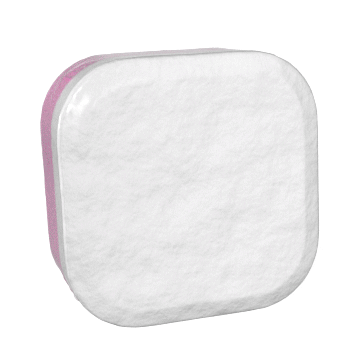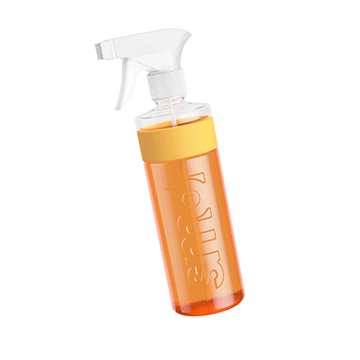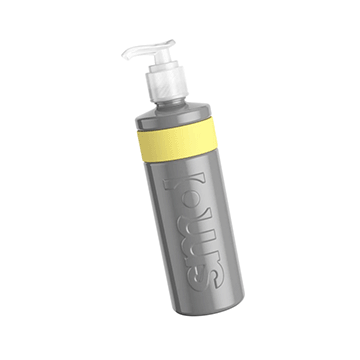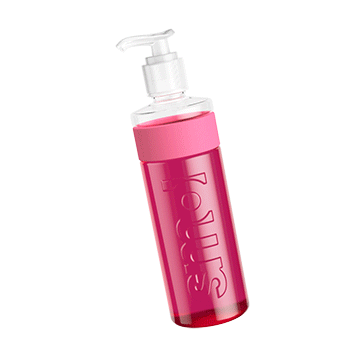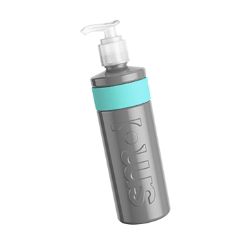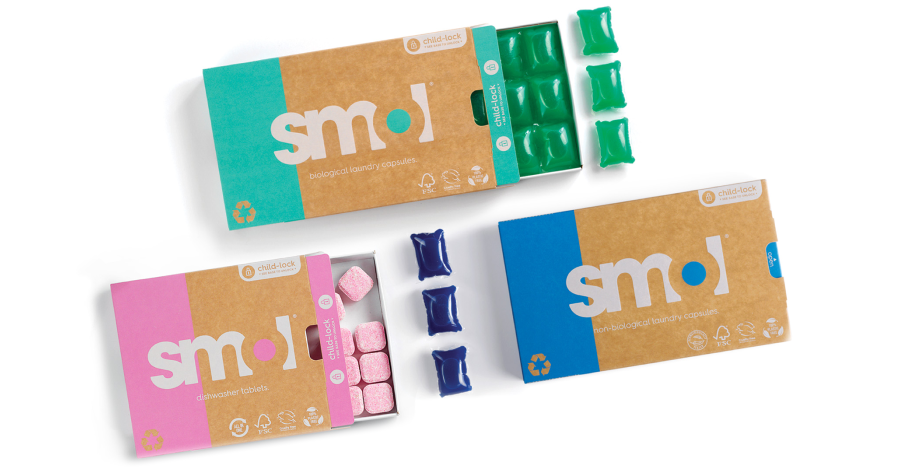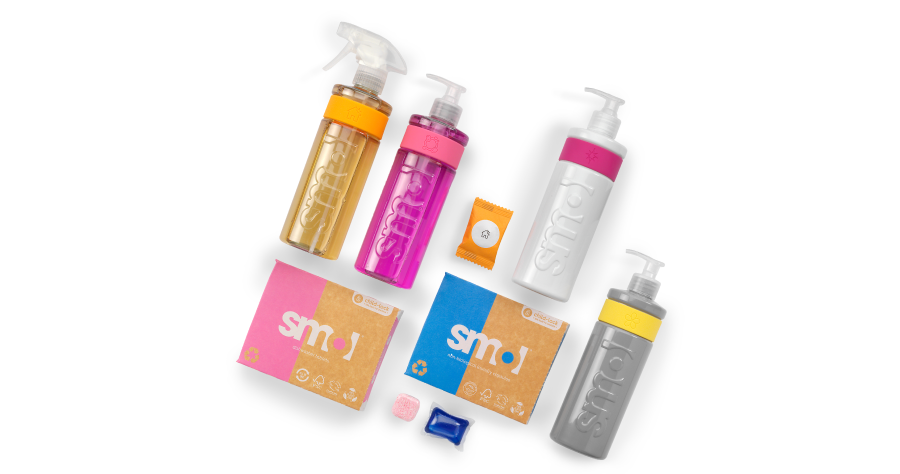There are no passengers on Spaceship Earth. We are all crew.
Marshall McLuhan, Canadian Philosopher.
Wise words that very cleverly highlight our collective responsibility to ensure this ship of ours survives.
Climate change has become the defining issue of our time, presenting the single biggest threat to life on Earth. This past decade has been the hottest in human history with wildfires, cyclones, floods and droughts the new normal. The ship is in need of our attention.
But there are reasons for hope amidst the bleak headlines, as the UK has in fact cut carbon faster than any other developed nation since 1990 (by 44% based on data from Dept for BEIS).
So change IS completely possible.
It’s hugely important for us at smol to be part of the solution, not part of the problem. It’s why we worked so hard to ditch the plastic from our laundry and dishwash packaging and why we recently launched refillable surface sprays. We also strongly believe our responsibility isn’t just in which products we make and how we make them but in how those products are then used in the home.
It’s why we are excited to launch our wonderful #washwell campaign. Together, we’d love to get the nation’s households cleaner and greener in any way we can. And there’s no better time than today…
#washwell is our guide to smart washing and it’s all about sharing the many smol changes we can all easily make to help us use less energy and less water, to reduce our carbon footprint and our energy bills. We want to plant small sustainable seeds of change that will grow to make a big difference in our homes.
So let’s start with something that might sound slightly peculiar from a laundry detergent company... we’d actually LOVE you to wash a bit LESS!
Yes, our first tip to #washwell is all about taking a load off.
One key way we can use our machines less is by scrapping any half loads of laundry we might do and only running the dishwasher when it is full.
We know that 49% of people run their washing machines when they are not actually full at least once every week.* Half loads of laundry use more than half the energy and water of a full load so they really aren’t saving us anything. We also know that 17% of people run their dishwasher when it isn’t full at least once every week, and this uses the same energy and water as a full load.
So why does this all matter?
Your washing machine is responsible for around 10% of your household’s carbon emissions and your dishwasher for around 15% **. And of course, both machines use a lot of water. In fact, each time you don’t use your washing machine, you’re saving the same amount of water as you use to take a shower (which is the carbon equivalent of powering an LED bulb for 3 whole days).
When we all make tiny changes… they quickly add up to some big numbers.
If every UK home dropped just one 40˚C load of laundry each month, we could collectively save around 120,000 tonnes of carbon emissions in a year. That’s the same as heating 43,000 households for a year. We’d also save millions and millions of litres of water, enough to fill 7000 Olympic-sized swimming pools.
It’s easy to gauge a full load with our handy 😉 measuring tip. Simply leave a palm’s width between the top of your laundry and the top inside of the drum (any less and the washing won’t have room to clean). If there’s more space than the width of your palm then you know you’re not fully-loaded.
Cutting out those half loads also means you’ll be saving detergent. One load less per week could mean in 6 months you’ve saved one complete box of smol laundry capsules. Perhaps you could even donate this to a local food bank or The Hygiene Bank when the time comes?
Keep an eye on our social channels for our #washwell campaign and please tag us, share our tips and give us your comments and feedback. Let’s make sure none of us are simply passengers but fully-fledged crew members working hard to keep the ship intact!
* Research from The BrandBean 2020
** BBC doc https://www.bbc.com/future/

